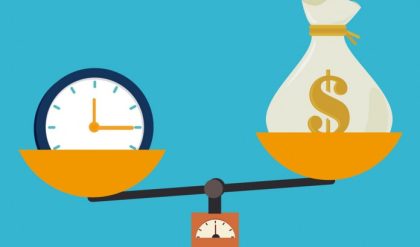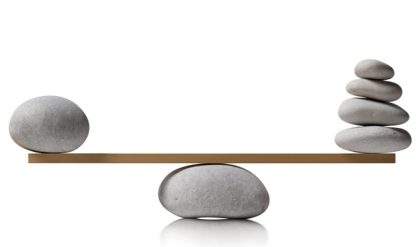Price determination is one of the most crucial aspects in economics. Business managers are expected to make perfect decisions based on their knowledge and judgment. Since every economic activity in the market is measured as per price, it is important to know the concepts and theories related to pricing. Pricing discusses the rationale and assumptions behind pricing decisions. It analyzes unique market needs and discusses how business managers reach upon final pricing decisions.
It explains the equilibrium of a firm and is the interaction of the demand faced by the firm and its supply curve. The equilibrium condition differs under perfect competition, monopoly, monopolistic competition, and oligopoly. Time element is of great relevance in the theory of pricing since one of the two determinants of price, namely supply depends on the time allowed to it for adjustment.
Market Structure
A market is the area where buyers and sellers contact each other and exchange goods and services. Market structure is said to be the characteristics of the market. Market structures are basically the number of firms in the market that produce identical goods and services. Market structure influences the behavior of firms to a great extent. The market structure affects the supply of different commodities in the market.
When the competition is high there is a high supply of commodity as different companies try to dominate the markets and it also creates barriers to entry for the companies that intend to join that market. A monopoly market has the biggest level of barriers to entry while the perfectly competitive market has zero percent level of barriers to entry. Firms are more efficient in a competitive market than in a monopoly structure.
Perfect Competition
Perfect competition is a situation prevailing in a market in which buyers and sellers are so numerous and well informed that all elements of monopoly are absent and the market price of a commodity is beyond the control of individual buyers and sellers
With many firms and a homogeneous product under perfect competition no individual firm is in a position to influence the price of the product that means price elasticity of demand for a single firm will be infinite.
Pricing Decisions
Determinants of Price Under Perfect Competition
Market price is determined by the equilibrium between demand and supply in a market period or very short run. The market period is a period in which the maximum that can be supplied is limited by the existing stock. The market period is so short that more cannot be produced in response to increased demand. The firms can sell only what they have already produced. This market period may be an hour, a day or a few days or even a few weeks depending upon the nature of the product.
Market Price of a Perishable Commodity
In the case of perishable commodity like fish, the supply is limited by the available quantity on that day. It cannot be stored for the next market period and therefore the whole of it must be sold away on the same day whatever the price may be.
Market Price of Non-Perishable and Reproducible Goods
In case of non-perishable but reproducible goods, some of the goods can be preserved or kept back from the market and carried over to the next market period. There will then be two critical price levels.
The first, if price is very high the seller will be prepared to sell the whole stock. The second level is set by a low price at which the seller would not sell any amount in the present market period, but will hold back the whole stock for some better time. The price below which the seller will refuse to sell is called the Reserve Price.





